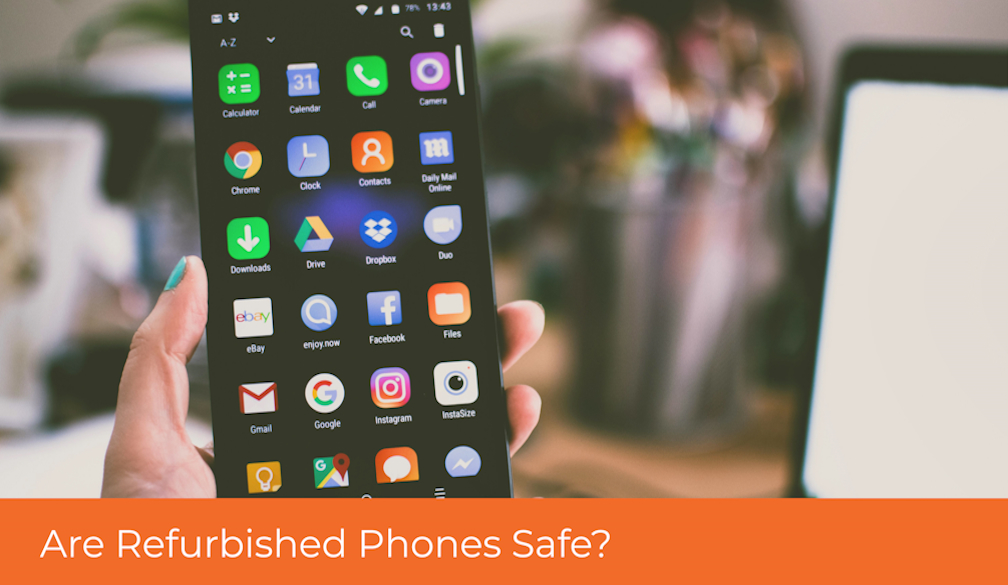Electricity and Health: Understanding the Risks and Precautions

Electricity is an essential part of modern life, powering our homes, workplaces, and numerous devices we rely on daily. However, while it brings countless benefits, electricity also poses significant health risks, especially for those who work with it.
Electricians face unique hazards, and understanding these risks is crucial to maintaining safety and well-being. This article will explore how electricity impacts health, the risks associated with electrical work, and the safety measures electricians can take to protect themselves.
The Health Impact of Electricity
Electricity affects our health in various ways, from its role in powering life-saving medical devices to the dangers associated with electrical shocks. The impact of electricity on health can be broadly categorised into two areas: direct hazards and indirect effects.
Direct Hazards
-
Electrical Shock: One of the most immediate risks of working with electricity is electrical shock. This occurs when a person comes into contact with an electrical current, resulting in the flow of electricity through the body. Depending on the voltage and duration of exposure, electrical shock can cause anything from minor discomfort to severe injuries or even death.
-
Burns: Electrical burns can occur when an electrical current passes through the skin or when an electrical arc generates extreme heat. These burns can range from superficial to deep tissue damage, leading to significant medical treatment and long-term complications.
-
Electrocution: This is the most severe consequence of electrical shock, resulting in death due to high-voltage exposure. Electrocution can occur in various situations, including working on live electrical equipment or coming into contact with overhead power lines.
-
Muscle Contraction: Electric shocks can cause involuntary muscle contractions, which may lead to falls or other injuries if a person is working at heights or near hazardous machinery.
Indirect Effects
-
Stress and Anxiety: The high-stakes nature of electrical work can lead to significant stress and anxiety. Electricians may face pressure to meet deadlines, ensure safety, and perform complex tasks in challenging environments. This ongoing stress can negatively affect mental health and overall well-being.
-
Long-Term Exposure Risks: Prolonged exposure to electromagnetic fields (EMF) generated by electrical equipment has raised concerns about potential health effects. While research is ongoing, some studies suggest a possible link between long-term EMF exposure and health issues such as fatigue, headaches, and an increased risk of certain cancers.
The Risks Associated with Electrical Work
The nature of electrical work inherently involves numerous risks, many of which are influenced by the work environment, tools used, and the practices employed by electricians. Understanding these risks is essential for preventing accidents and ensuring a safe working environment.
Common Risks
-
Working at Heights: Electricians often need to work at heights to install or repair wiring, fixtures, or equipment. Falls from heights can result in severe injuries or fatalities.
-
Exposure to Live Wires: Working on live circuits is a significant risk, as electricians may be exposed to high voltages. Even experienced electricians can underestimate the dangers, leading to accidental shocks.
-
Inadequate Training: Lack of proper training or unfamiliarity with specific electrical systems can increase the risk of accidents. Electricians must stay current with training to ensure they are aware of the latest safety protocols and technologies.
-
Poorly Maintained Equipment: Using damaged or poorly maintained tools and equipment can lead to accidents. Regular inspections and maintenance are essential for ensuring all tools are safe to use.
-
Environmental Hazards: Electricians often work in environments with potential hazards, such as moisture, flammable materials, or cramped spaces. These conditions can exacerbate the risks associated with electrical work.
Safety Measures for Electricians
Given the potential health risks associated with electrical work, it is vital for electricians to implement robust safety measures. These precautions not only protect electricians but also ensure the safety of their colleagues and clients.
Personal Protective Equipment (PPE)
-
Insulated Gloves: Wearing insulated gloves is crucial for protecting against electrical shock. These gloves are designed to withstand high voltages and should be tested regularly for integrity.
-
Safety Glasses: Protecting the eyes from flying debris, sparks, or harmful chemicals is essential. Safety glasses or goggles should always be worn when performing electrical work.
-
Hard Hats: When working in construction zones or areas where there is a risk of falling objects, hard hats should be worn to prevent head injuries.
-
Flame-Resistant Clothing: Electricians should wear flame-resistant clothing to protect against burns from electrical arcs or sparks.
Training and Certification
-
Ongoing Education: Electricians should pursue ongoing training to stay updated on safety protocols, new technologies, and changes to electrical codes. This education can include attending workshops, online courses, and industry conferences.
-
First Aid Training: All electricians should undergo first aid and CPR training to respond effectively to emergencies. This training can save lives in case of an electrical accident.
-
Understanding Electrical Codes: Familiarity with the National Electrical Code (NEC) and Australian standards is crucial. Electricians should ensure that all work meets these standards to reduce risks.
Safe Work Practices
-
De-energising Equipment: Before working on electrical systems, electricians should always de-energise equipment to eliminate the risk of electrical shock. This includes locking out and tagging out (LOTO) devices to prevent accidental re-energisation.
-
Working with a Buddy: Electricians should work in pairs whenever possible, especially when performing high-risk tasks. Having a partner can provide immediate assistance in case of an accident.
-
Conducting Risk Assessments: Before starting any job, electricians should conduct a thorough risk assessment to identify potential hazards and implement appropriate control measures.
-
Using Tools Safely: Electricians must use tools as intended and follow manufacturer guidelines. Regular inspections of tools and equipment are essential to ensure they are in good working condition.
Emergency Preparedness
-
Emergency Response Plan: Electricians should develop and practice an emergency response plan for their workplace. This plan should outline procedures for responding to electrical accidents, including contact information for emergency services.
-
Access to First Aid Kits: First aid kits should be readily available at all job sites, stocked with necessary supplies for treating electrical injuries and other common workplace injuries.
-
Reporting Incidents: All accidents and near misses should be reported and documented to identify areas for improvement and prevent future occurrences.
Conclusion
Electricity is a powerful and necessary force in our lives, but it comes with inherent risks that must be managed, especially for those who work directly with it. By understanding the health impacts of electricity and implementing rigorous safety measures, electricians can protect themselves and ensure a safe working environment.
Through ongoing education, the use of personal protective equipment, and adherence to best practices, electricians can minimise risks and promote a culture of safety within the industry. As the saying goes, “Safety first,” and in the world of electrical work, this principle is not just a motto but a necessity for safeguarding health and well-being.






